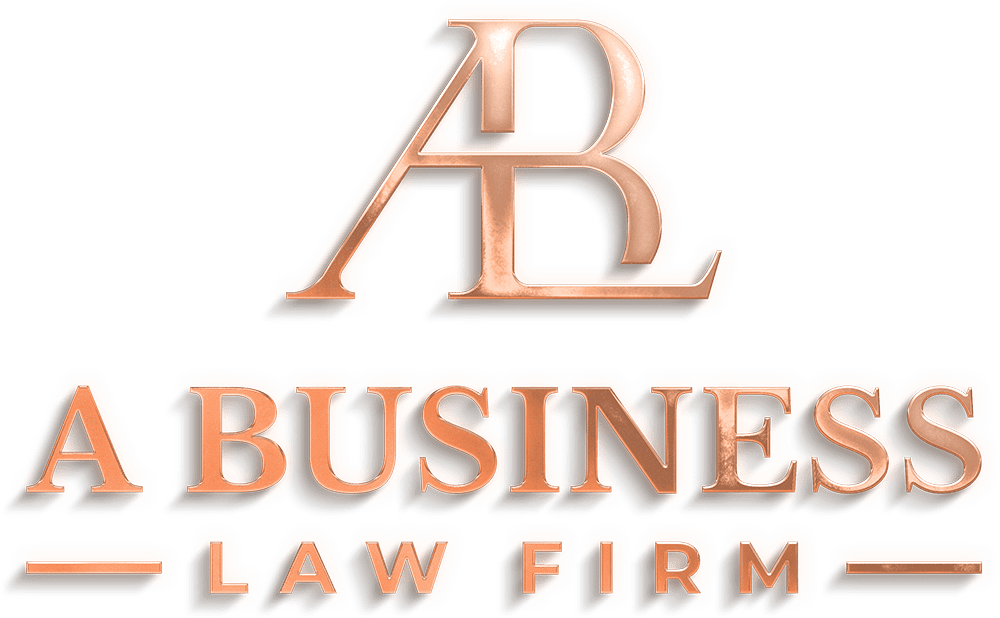At A Business Law Firm, we often are contacted by a someone who is trying to file to create a corporation and they discover that in the State South Carolina, sch filing requires an attorney’s signature. The request usually comes next: “Can you just sign this during a quick consult so I can move forward?”
It’s an understandable question. Starting a business is exciting, and most business owners want to keep things moving quickly. But here’s the reality: there is no such thing as “just signing” incorporation documents. When an attorney signs their name, they are taking on legal responsibility that the formation was done correctly, and that responsibility cannot be separated from the process itself.
Why a Signature Isn’t Just a Signature
When an attorney signs off on your incorporation, they are certifying that the documents were properly prepared and comply with South Carolina law. That signature carries professional liability. If the paperwork wasn’t drafted or filed correctly, it can create serious problems down the road, including tax headaches, ownership disputes, or challenges with raising capital.
Think of it this way: Would you want a doctor to just sign a prescription without reviewing your medical history? Or a CPA to just sign your tax return without preparing or reviewing it? The same principle applies here. By the time we sign our name, we need to be confident the formation was done correctly. That means we must be involved in the process, not just in the final step.
Common Pitfalls of DIY Incorporation
Online platforms make it seem easy to “form your corporation in minutes.” But there are a lot of details behind the scenes that matter:
- Articles of Incorporation: Are they tailored to your specific business? Do they reflect the right number of authorized shares, ownership structure, and governance provisions?
- Registered Agent: Do you know what responsibilities this role carries, and who should (and should not) serve as your agent?
- Bylaws/Shareholder Management Agreements: These aren’t always provided in DIY kits, but they are critical for spelling out how your company will operate and how decisions will be made.
- Initial Meeting Minutes: Did you record the first meeting of the incorporators or directors? This step is often skipped, but it’s required for proper corporate governance.
- Compliance Requirements: Beyond filing, corporations must follow annual reporting rules, maintain records, and document major decisions to preserve limited liability protection.
Missing or mishandling these details can leave your business vulnerable. And once a problem arises, whether it’s a tax audit, a lawsuit, or an ownership dispute, it’s usually more expensive and complicated to fix than to do it right from the beginning.
How We Help Entrepreneurs Get It Right
When you hire A Business Law to help with your corporation, we don’t just file paperwork, we set your business up for long-term success. Our process typically includes:
- A consultation to understand your goals, structure, and industry needs
- Preparation of Articles of Incorporation customized for your business
- Drafting bylaws and initial resolutions to establish governance
- Guidance on appointing a registered agent
- Advising you on compliance requirements moving forward
This isn’t about adding unnecessary steps. It’s about making sure that when you open your doors, your corporation is not only legally formed, but also protected. We spend a lot of time simply educating our clients on the common pitfalls that shareholders and officers of corporations make. We aim to teach you how to ensure that you are maintaining the shield of corporate liability protection and that you are not exposing yourself to personal liability through operational mistakes.
The Bottom Line
We know how tempting it is to treat incorporation as a box-checking exercise. But your corporate structure is the foundation of your business. Cutting corners here can create liabilities that threaten everything you’re building.
So if you find yourself asking, “Can you just sign this?”, remember that an attorney’s role is not to rubber-stamp documents. It’s to ensure you’re protected, compliant, and set up to grow with confidence.
If you’re thinking about starting a corporation or want to make sure your existing one is properly structured, reach out to us at A Business Law at 864-699-9801. We’ll guide you through the process the right way, because your business deserves nothing less.






